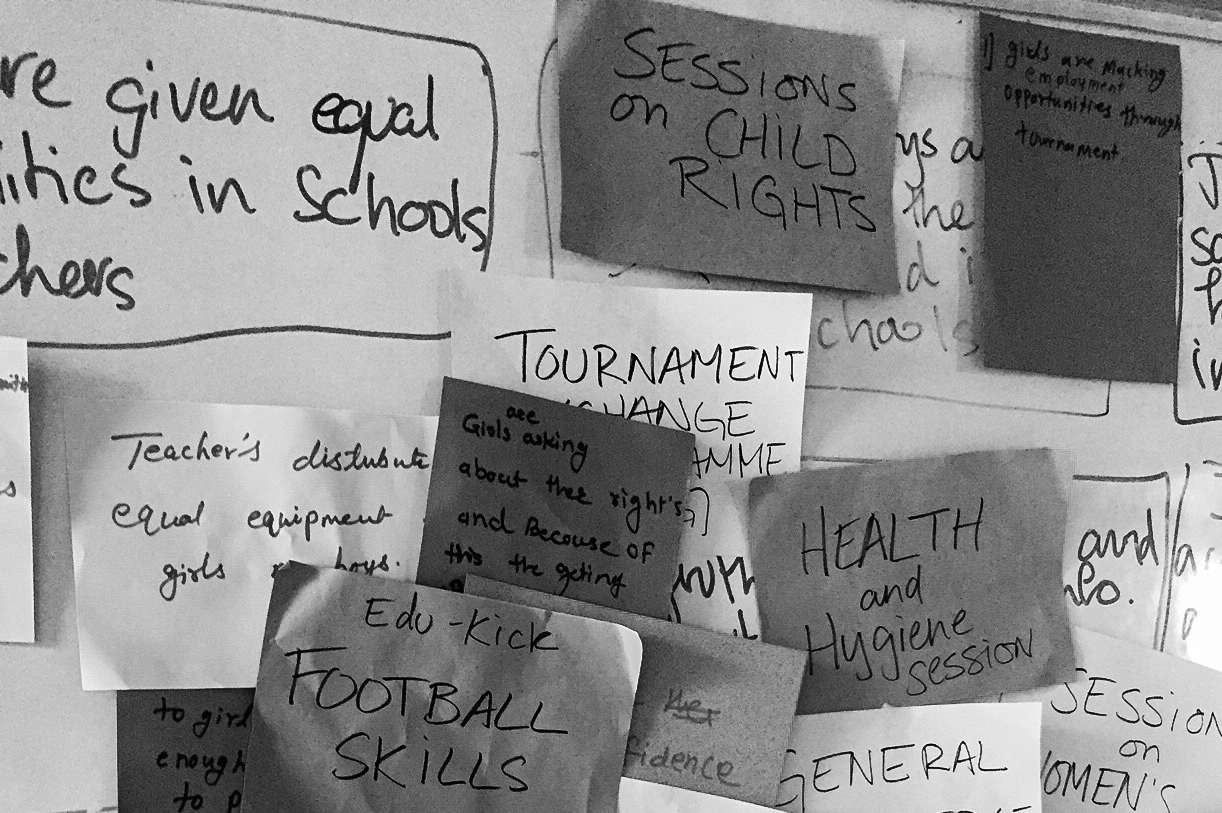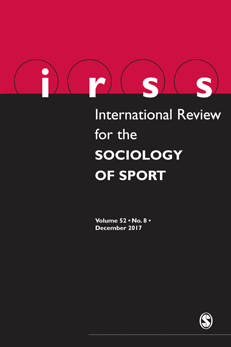The politics of pleasure in girl-centred sport for development programming
Examinations of pleasure are absent from much of the work that explores sport. This is surprising because of the frequent assertion that watching and playing sport is fun, enjoyable, or pleasurable. Similarly, a lack of discussion about pleasure exists in Sport for Development (SfD) programming. This article explores the presence and absence of pleasure in SfD projects that focus on girls’ empowerment through interviews with five SfD practitioners. The findings suggest that the importance of pleasure within individual programmes varies according to the larger political/social context for girls’ everyday pleasures, the necessity of measuring pleasure for donors, and the differing interpretations of what made sports fun for girls. Through this exploration of pleasure, notions of evidence, impact, and M&E (monitoring and evaluation) within SfD are critically interrogated.












